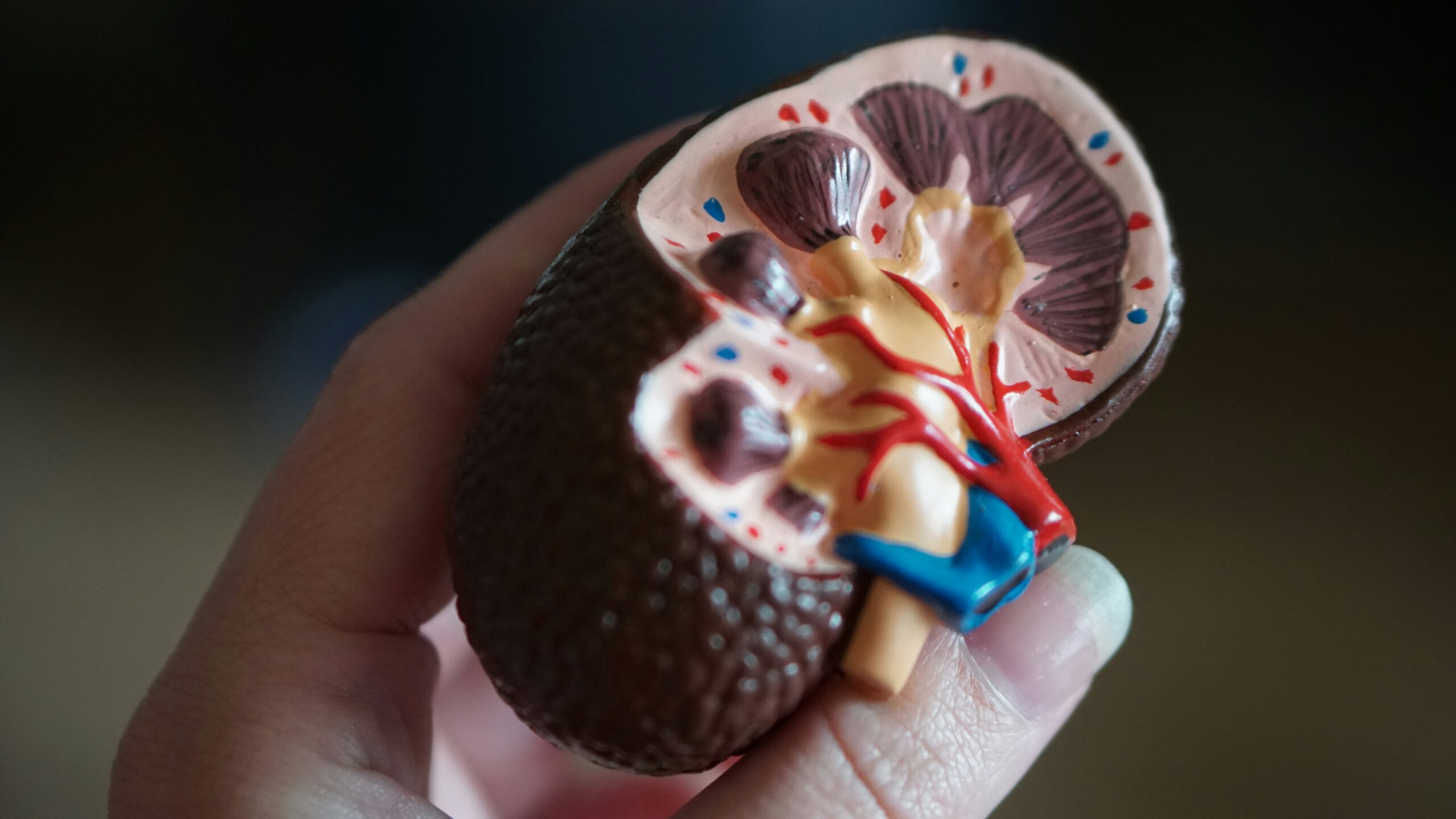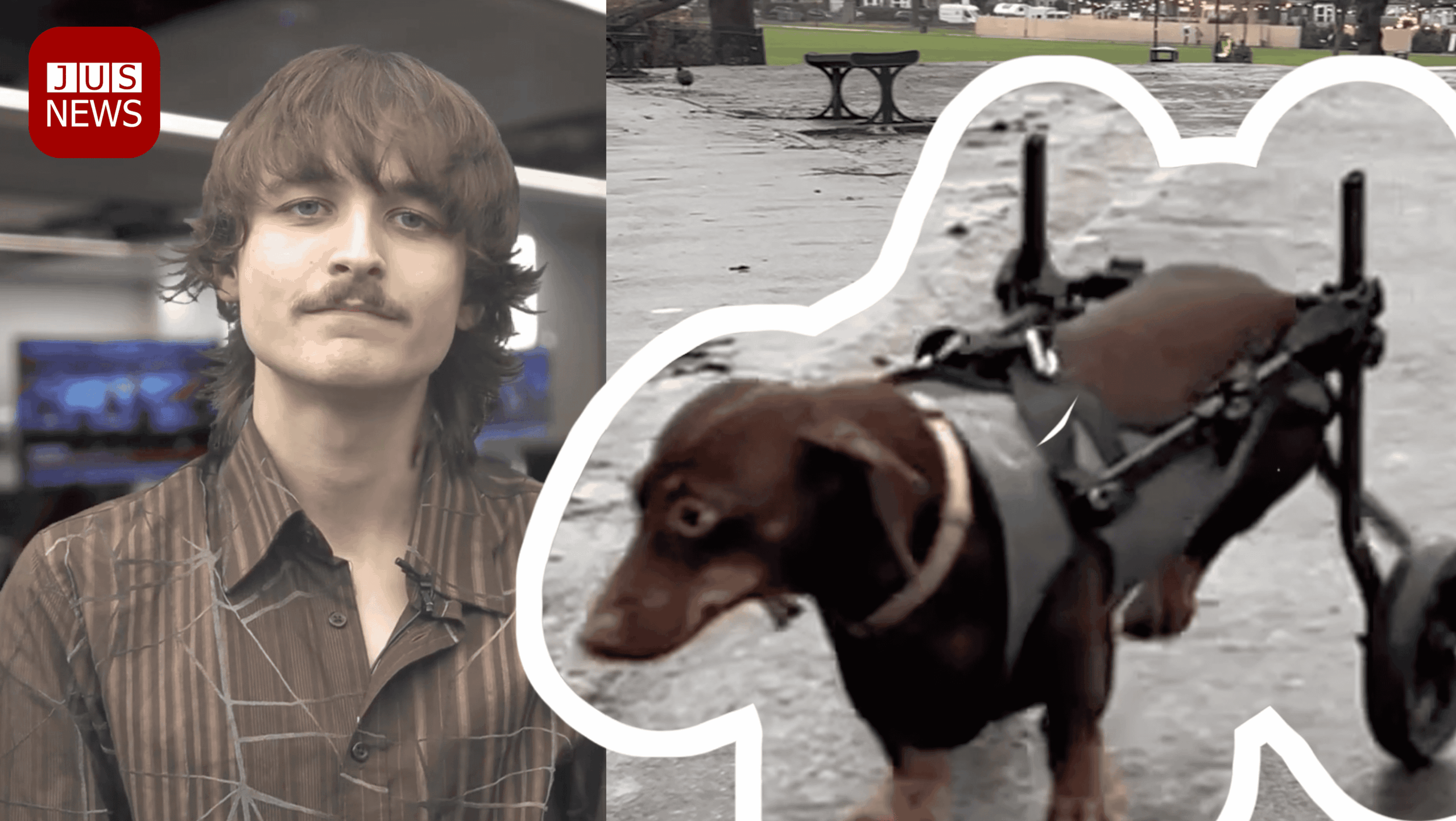The Artificial Intelligence (AI) tool can assess patients with Autosomal Dominant Polycystic Kidney Disease (ADPKD) in under a minute, reducing assessment time by over an hour.
The tool was developed at the Sheffield Teaching Hospitals NHS Foundation Trust with the help of European specialist kidney doctors as part of the CYSTic research project.
Professor Albert Ong, Consultant Nephrologist and Clinical Lead for Genetics at Sheffield Teaching Hospitals NHS Foundation Trust has been using the tool in his specialist kidney clinic for the past two years.
He explained that ADPKD is a genetically inherited condition that as many as 70,000 people in the UK have. In most kidney diseases, kidneys get smaller but with this condition, 1 in 10 patients experience kidney failure due to kidneys enlarging as the disease progresses.
Professor Ong explained that determining the size and volume of kidneys quicker can better predict what will happen to the lifespan of the kidney. He continued, that in the time it took for one patient to be analysed, six or more could be analysed depending on the time taken to correct the machine.
Professor Ong highlighted there is no reason as to why this tool cannot go worldwide immediately.
He said: “What we have generated is being offered free of charge and is open access, but it still needs to be embedded into a computer environment.”
Presently, the procedure is timely and labour-intensive and the typical waiting time is up to six months. However, with this new tool, patients can expect to acquire results in a matter of days, enabling them to decide on treatment quickly.
At a time of anxieties surrounding the rise of technology, Professor Ong stressed: “This is to help humans improve healthcare rather than replace doctors or take over the world.”
Speaking of technology in the kidney field, David Marshall, Chairman of the Sheffield Area Kidney Association (SAKA) explained: “The kidney world is lacking in technology but with a quicker diagnosis, the quicker patients can start on the right treatment plan.
“Ultimately, provided it is proven and successful, this is fantastic,” he said.




